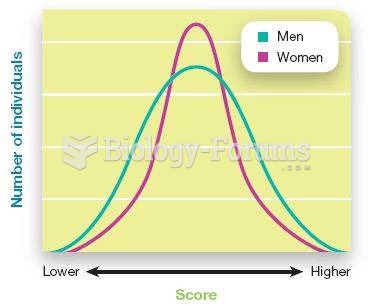Answer to Question 1
Intelligence is a product derived from systematic and thoughtful examination, placed in context, and provided to governmental executives and military leaders with facts and alternatives that can inform critical decisions. Once information has been analyzed, then it may become legitimate intelligence. Technology has offered analysts the comfort of reducing the number of people that can be responsible for categorizing and storing data . However, complete analysis of gathered information requires critical thinking that results in conclusions and recommendations stemming from the analyzed information. It is through effective analysis that government leaders and officials make informed decisions and base important responses to potential terrorist attacks Intelligence is both a process and a product. Information is collected and analyzed and a finding is produced to meet the needs of a specific customer.. Among the sources from which intelligence can be collected are humans (HUMINT), signals (SIGINT), geospatial (GEOINT), technical (TECHINT), imagery (IMINT), photographs (PHOINT), and open source (OSINT). Intelligence can be used for broad purposes, for example, shaping policy and doctrine. In those applications intelligence is not time sensitive, but in others it may be. Intelligence is usually proactive (before an event occurs), reports and sources are almost always closed and confidential, and arrests are rarely made.
Investigations are reactive in nature (a crime has already occurred), reports and sources are generally open, and the goal is to make an arrest based on evidence and facts (probable cause). Law enforcement's primary focus has been to collect evidence after a crime was committed in order to support prosecution in a court trial. Traditionally, police intelligence activity has been severely limited by law. The FBI and police were allowed to use intelligence information only to develop probable cause that would justify arrest and prosecution. In most incidents, a suspect had to actually break the law or threaten to break it before the police or the FBI could act on intelligence information. This was a frustrating predicamentpolice agencies could not act without probable cause, but at the same time they were prevented from engaging in the very activities that could establish probable cause. The USA PATRIOT Act now allows the FBI and state or local police to engage in covert intelligence operations, greatly expanding the use of police surveillance through roving wiretaps, sneak and peak warrants, trap and trace pen registers on telephones, and the like. The police can now monitor surreptitiously your use of the Internet and receive a list of all sites visited by your IP addressall without a warrant or other judicial oversight mechanism. Arguably, the FBI and other police organizations indicate that they must have these tools to ferret out would-be terrorists living inside the United States, essentially to protect us from another terrorist attack. many argue that our laws mandate civil liberties and constitutional rights for each individual citizen. These laws were developed to protect the individual and to balance the power of the police during an investigation . . . the police have never been given the right to collect intelligence information on individuals without judicial oversight, like they can now.
Answer to Question 2
learning







